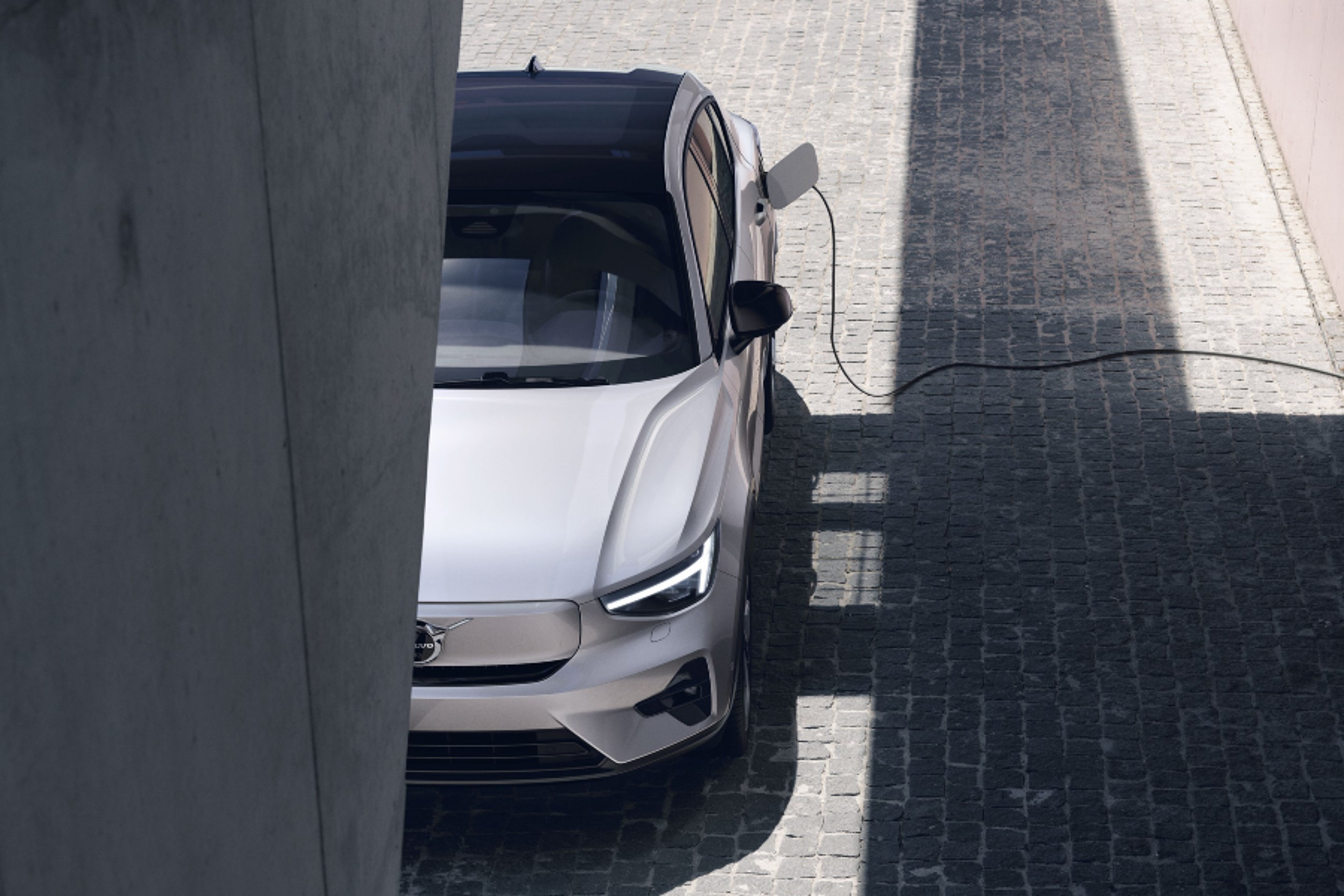‘Clear market trend’ towards electric cars in Australia: FCAI
Electric vehicles make up less than 3 per cent of cars in Australia, but that is growing - fast.

There is a “clear market trend” towards zero emission technology in cars, the head of the peak body for Australia’s automotive industry says.
While the market share of electric vehicles is currently less than three per cent, that’s growing fast, according to Tony Weber, the chief executive of the Federal Chamber of Automotive Industries, said.
“During September 2022, 7,247 battery electric vehicles were sold, more than hybrid and plug-in-hybrid combined (5,141). Year to date, 21,771 battery electric vehicles have been sold,” Mr Weber said. “There is a clear market trend towards zero emission technology.”
Mr Weber’s comments reinforce Volvo Car Australia’s trajectory towards a fully electric car company.
“Globally, we’re going fully electric by 2030, and aiming to be carbon neutral by 2040,” Stephen Connor, Managing Director of Volvo Car Australia, said. “Being authentic as an automotive brand means taking actions that mirror words, and Volvo are a prime example of that. There’s a reason we’re the fastest growing luxury auto brand in Australia – people are at the core of the way we design, build and market our cars.”
And that’s not the end of it, because Ghent is busily expanding its capacity for producing fully electric cars. Within a year from now, the plant should be able to build 135,000 pure electric Volvo cars per year, representing more than half of the plant's existing production capacity.
"The C40 Recharge represents our future," said Javier Varela, our head of Engineering and Operations. "Our manufacturing operations and a close collaboration with our suppliers are key in achieving our future ambitions, in terms of electrification and climate neutrality. Our Ghent plant is ready for an all-electric future and will be an important part of our global industrial network for the years to come."
“Globally, we’re going fully electric by 2030, and aiming to be carbon neutral by 2040,”
The FCAI releasing these electric vehicle figures comes after the Federal Government shared and Electric Vehicle Discussion Paper.
“Any future policy and regulation needs to be developed within the context of vehicle price, model availability, and battery supply, and supported through the roll out of charging infrastructure and consumer incentives,” Mr Weber said.
The FCAI warned while new car supplies to the Australian market are improving, logistical and supply chain issues remain as the global automotive market recovers from the Covid-19 pandemic.